What is industrial Spinning Machine For Textile Production
Industrial spinning machines are specialized equipment designed for the mass production of textile yarns. These machines play a crucial role in the creation of various types of yarns that are used in the textile industry. Typically, these machines are used by textile manufacturers, garment producers, and home textile businesses to create the yarns that will eventually be woven or knitted into fabrics and other end products.
The operation of an industrial spinning machine involves several stages. Firstly, fibers are prepared by being straightened and aligned. Then, they are twisted or spun together to give the yarn its strength and elasticity. This twisting process can be achieved through various spinning methods, such as ring spinning or rotor spinning. Each method has its unique advantages and is suitable for different types of fibers and yarns.
Industrial spinning machines are equipped with multiple spinning units, or spindles, that rotate at high speeds to twist the fibers. The number of spindles and the machine's configuration can vary, allowing for customization based on the desired output specifications. Advanced features such as computerized controls and sensors enhance precision and efficiency.
These machines are not just for creating new yarns; they are also used for recycling old textiles into new yarns, which supports sustainability in the textile industry. Industrial spinning machines have become increasingly automated, with some models offering self-diagnostic capabilities and integration with other parts of the production process.
Types of Industrial Spinning Machines for Textile Production
Industrial spinning machines for textile production come in various forms, each tailored for specific applications within the industry:
-
Rotor Spinning Machines: These machines are known for their high productivity and reduced labor requirements. Rotor spinning machines work by rotating a cylindrical rotor at one end to twist and pull fibers into yarn. They are particularly suitable for producing coarse yarns with open ends, which are often used for denim and heavy-duty fabrics.
-
Ring Spinning Machines: Characterized by a ring-shaped spinning cup, these machines are versatile and can produce a wide range of yarn counts. They are favored for their ability to produce fine, high-quality yarn suitable for lightweight and delicate fabrics.
-
Open-End Spinning Machines: These machines directly blow and insert twisted fibers into a rapidly spinning rotor to form yarn. Open-end spinning is typically used for coarser yarns that are not suitable for ring spinning due to their shorter fiber length.
-
Electrospinning Machines: A newer addition to industrial spinning machines, electrospinning uses an electric field to create very fine fibers by stretching a polymer solution. This method is particularly known for its applications in filtration, wound care products, and as a component in composite materials.
How to choose industrial Spinning Machine For Textile Production
When selecting an industrial spinning machine for wholesale purposes, businesses should consider several factors that align with their specific needs and the nature of their textile production. The type of material being spun is paramount; whether it is natural fibers like cotton or synthetic fibers such as polyester will dictate the appropriate machine type. For instance, ring spinning machines are well-suited for processing high-quality long-staple fibers while rotor spinning machines are better suited for cost-effective production of staple yarns.
Businesses should also consider the intended end-use of their textiles as this will influence the choice of machine. If the textiles are meant for technical applications requiring heat resistance or enhanced strength, then choosing a machine that can handle these specialized requirements would be prudent. It's also important to factor in the level of automation needed based on labor resources available and consider after-sales services provided by suppliers.
About industrial Spinning Machine For Textile Production on Alibaba.com
Alibaba.com stands out as an essential platform for businesses seeking reliable suppliers of industrial spinning machines for textile production. The comprehensive selection available caters to various needs within the industry – whether it's for manufacturing plants, machinery repair shops, or retail stores – all without compromising on quality or efficiency.
The platform's commitment to facilitating global trade is evident through its user-friendly interface that supports local languages and mobile accessibility. With features like order handling and delivery services, Alibaba.com ensures a seamless procurement process. Moreover, Alibaba's Trade Assurance service provides buyers with payment protection until their orders are satisfactorily delivered.
By choosing Alibaba.com for sourcing industrial spinning machines, businesses can benefit from a wide array of options while enjoying confidence in the platform's ability to connect them with suppliers who meet their specific requirements – be it for standard models or customized solutions – making Alibaba.com an indispensable partner in navigating the complex world of textile production machinery.
Common FAQs for industrial Spinning Machine For Textile Production
What is an industrial spinning machine used for?
An industrial spinning machine is used to produce yarns and threads from various materials. It utilizes different methods such as ring spinning, rotor spinning, and wrap spinning to achieve different yarn properties like strength, fineness, and uniformity.
How does an industrial spinning machine work?
An industrial spinning machine works by feeding a fiber material, such as cotton or polyester, through a drafting process to align the fibers and then using various methods like ring or rotor spinning to create the yarn.
What are the key factors to consider when choosing an industrial spinning machine?
When selecting an industrial spinning machine, consider factors such as the material you'll be spinning, the machine's features (like automatic or manual operation), its productivity (spindle speed and output), ease of use, maintenance needs, and whether it's suitable for your specific industry application.
Can industrial spinning machines be customized for specific yarn types or thicknesses?
Yes, many industrial spinning machines can be customized to produce different yarn types or thicknesses. It's important to look for machines that offer adjustable parameters to accommodate your specific yarn requirements.
What kind of after-sales services are typically provided with the purchase of an industrial spinning machine?
After-sales services for industrial spinning machines can include online support, video technical support, and field maintenance and repair services. The level of support may vary depending on the supplier.
How do I ensure that an industrial spinning machine is of high quality?
Look for suppliers who provide machinery test reports and those who offer modern machinery test reports. Additionally, check for suppliers with good ratings and reviews on Alibaba.com.
What types of materials can be spun using an industrial spinning machine?
Industrial spinning machines can process a range of materials including natural fibers like cotton and wool, synthetic materials such as polyester and nylon, and even technical textiles like carbon fiber.
Are there environmentally friendly options available among industrial spinning machines?
Yes, some industrial spinning machines incorporate energy-saving technologies or are designed to be more efficient with water and energy consumption. It's important to check the specifications of each machine for details on environmental impact.
How does the number of spindles impact the productivity of an industrial spinning machine?
More spindles typically mean higher productivity as they can process multiple fibers at once. However, the impact will also depend on other factors such as spindle speed and machine specifications.
What kind of maintenance is required for an industrial spinning machine?
Maintenance for an industrial spinning machine may include regular cleaning, lubrication, and occasional replacement of parts. The frequency and type of maintenance depend on the machine's usage intensity and operating conditions.
Can I find a supplier that provides local service for my industrial spinning machine?
Many suppliers on Alibaba.com offer local service such as field maintenance and repair service. This can be beneficial for businesses located in regions where technical support might not be readily available.
Are there any limitations on where an industrial spinning machine can be installed?
While industrial spinning machines can be installed in various locations, it's important to consider environmental factors such as space availability, power supply type, and compliance with local regulations.
How often should I replace parts on my industrial spinning machine?
Replacement frequency of parts on an industrial spinning machine will depend on the intensity of use and maintenance practices. Regular inspections can help identify when parts need replacement.
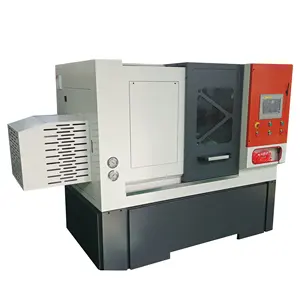
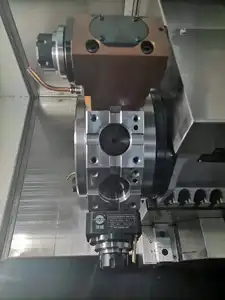

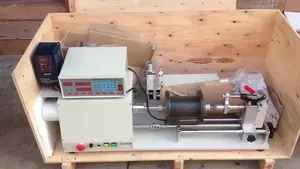








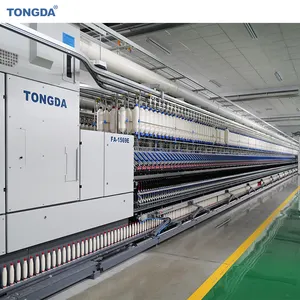

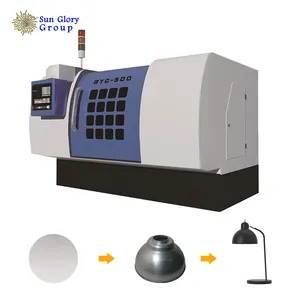


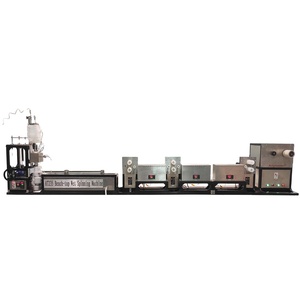
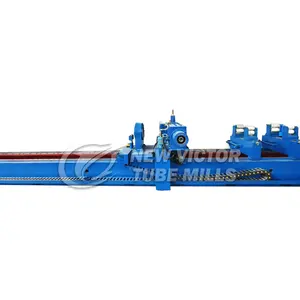
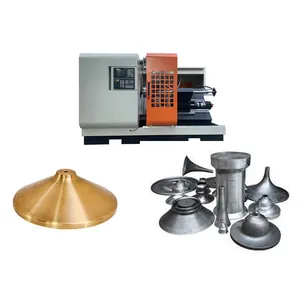

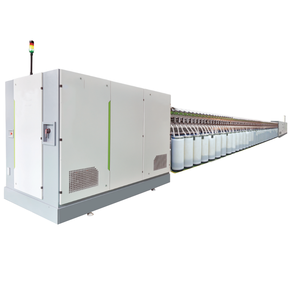


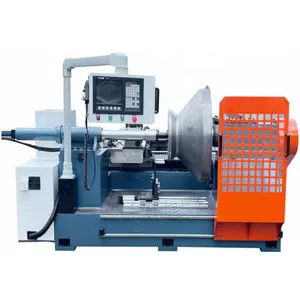











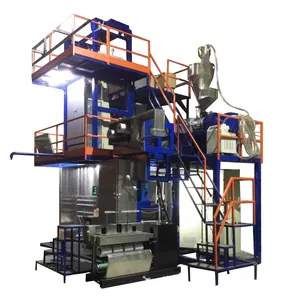
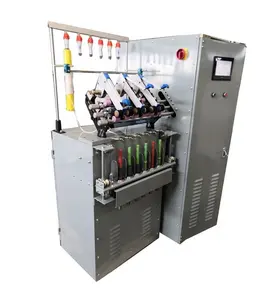
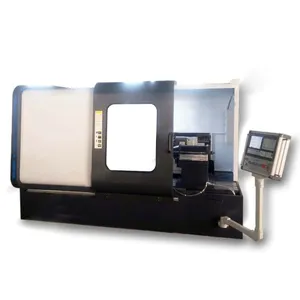
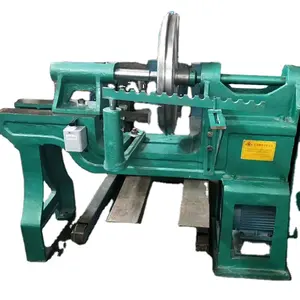

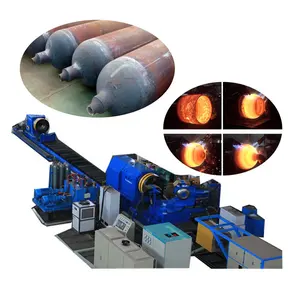



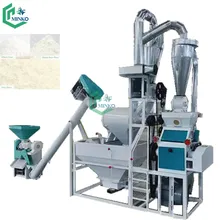


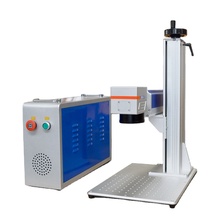



























 浙公网安备 33010002000092号
浙公网安备 33010002000092号 浙B2-20120091-4
浙B2-20120091-4